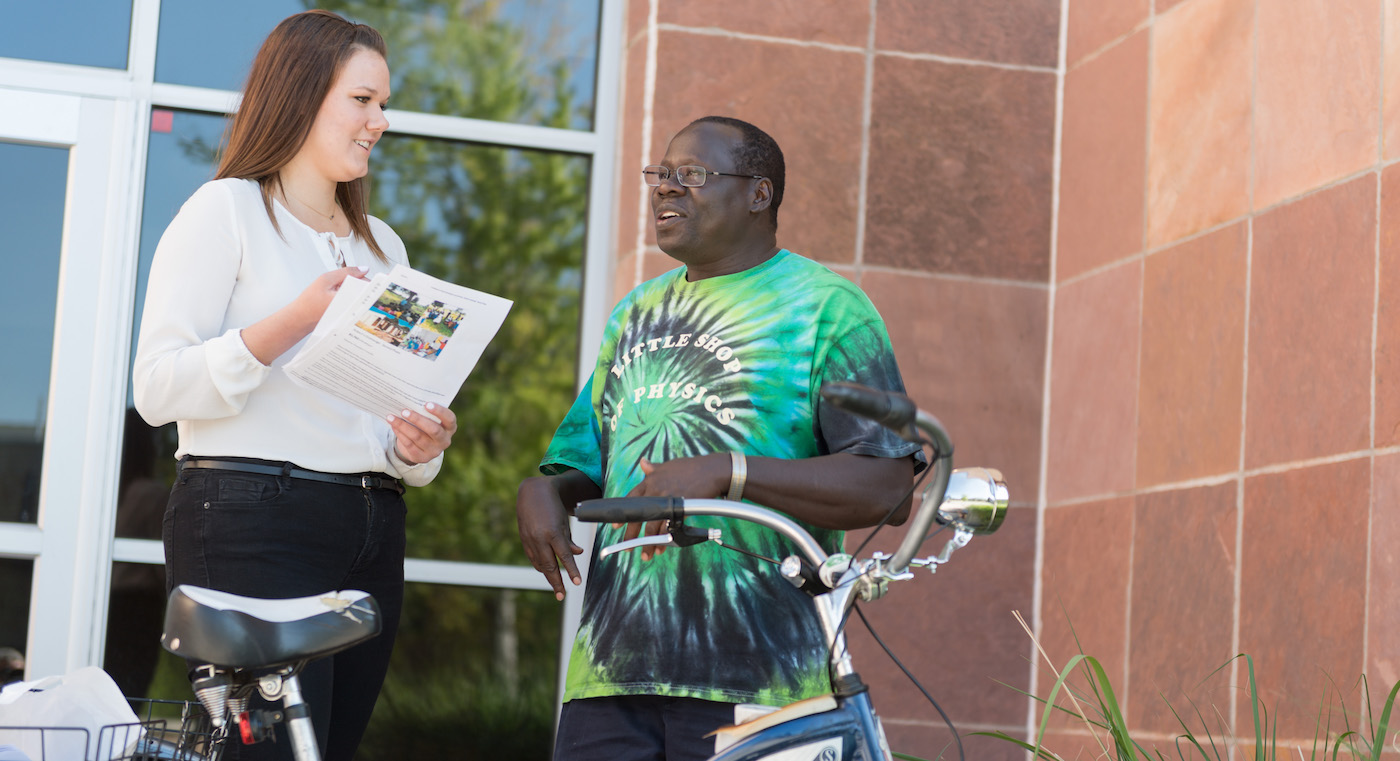
Laura Schreck, left, and Robert Serunjogi outside the CSU building where they first met. Photo by Bill Cotton
A chance encounter at Colorado State University has blossomed into a successful fundraising initiative to construct schools for orphans in Uganda.
One day in spring 2015, as then-undergraduate Laura Schreck was waiting in the engineering building for her ride to arrive, she and Robert Serunjogi began chatting. That isn’t exactly surprising for those who know Serunjogi, an outgoing, friendly person who regularly strikes up conversations with the students and employees he encounters in his job as a CSU custodian.
During the course of their conversation, Serunjogi mentioned that he was trying to raise money to build schools in his home country of Uganda, where civil wars and AIDS have left many orphaned children. Schreck told him about the website GoFundMe, and before long she was offering to help him set up an online fundraising campaign and spread the word via social media and posters.
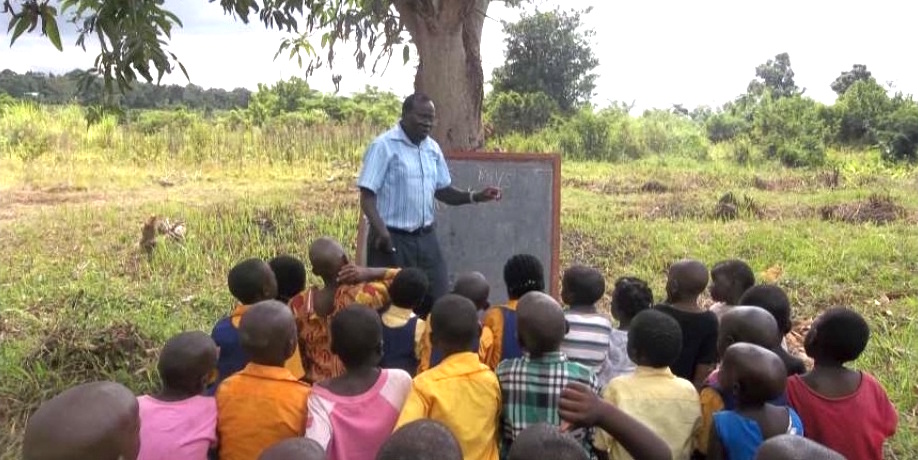
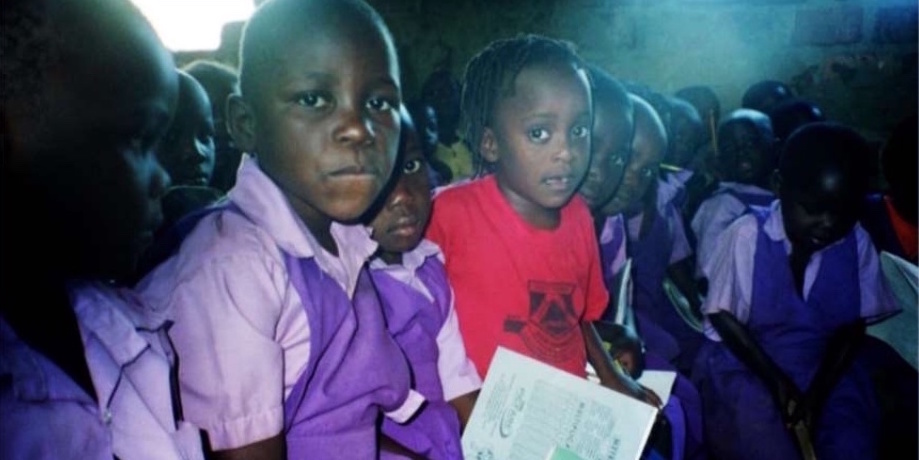
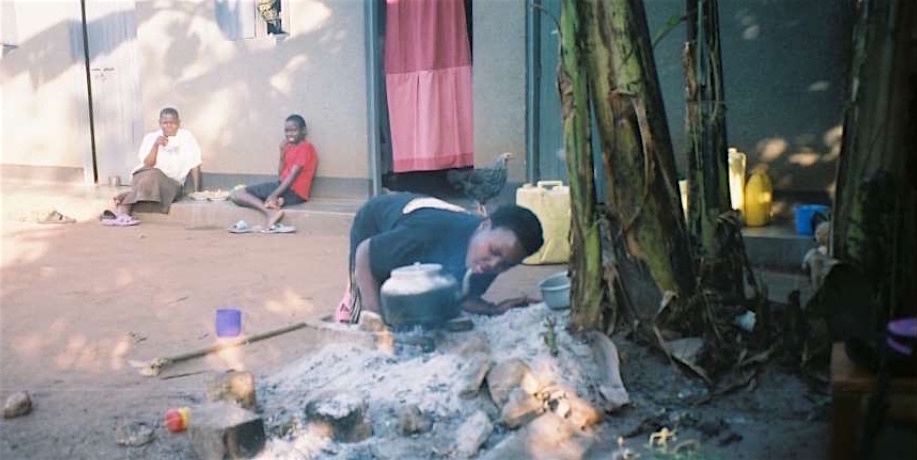
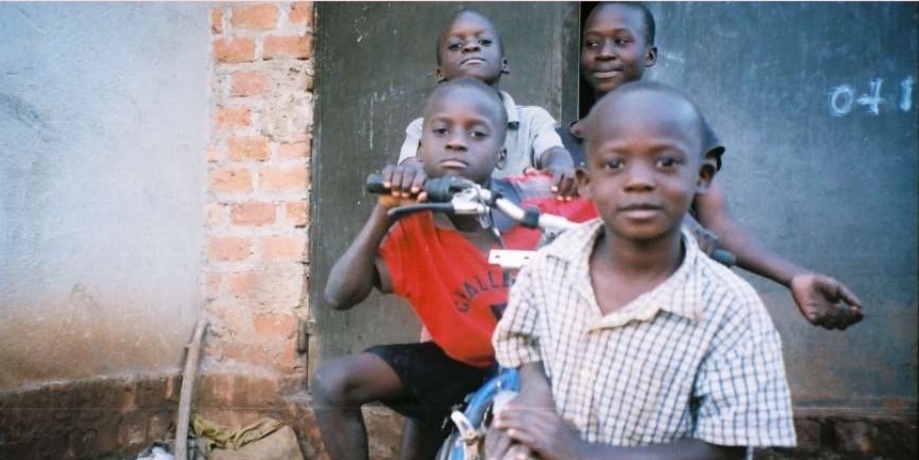
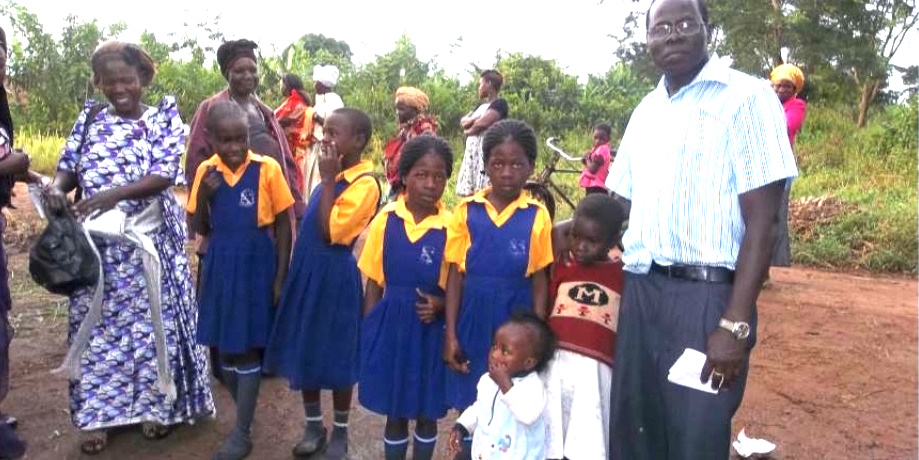
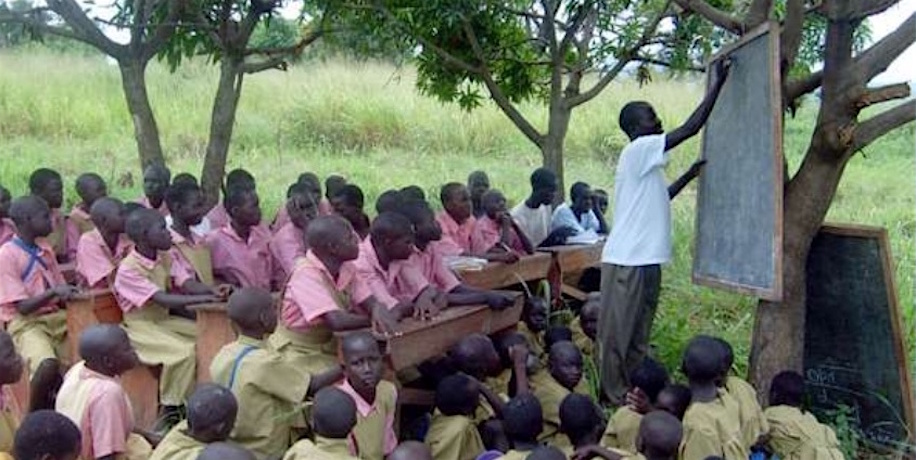
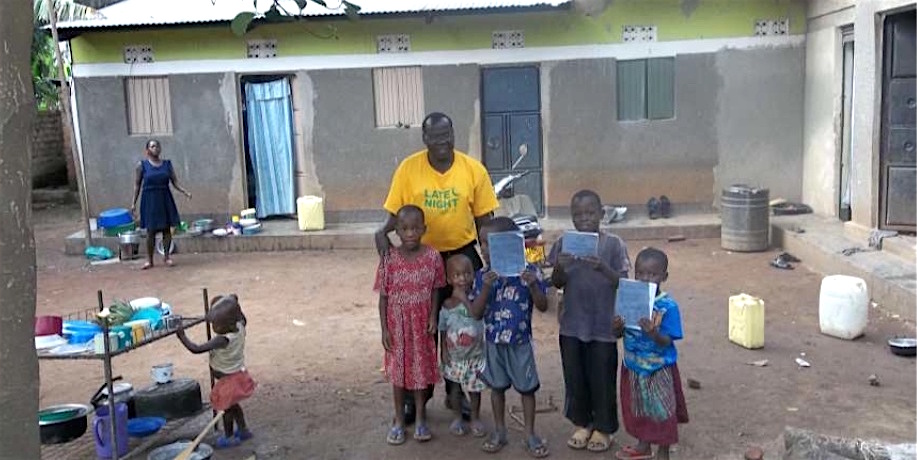
The pair raised $9,000 in three months, and the donations have continued to flow in, supporting the construction of two school buildings in Serunjogi’s village of Luweero. One still needs a roof, and they hope to raise enough to cover that cost before Serunjogi returns to Uganda May 22 for the first time since 2015.
“I didn’t think it would go this far,” Schreck says of the fundraising effort. “At the beginning, we thought the worst-case scenario was that we don’t raise any money, so what was there to lose?”
“I call her my hero,” Serunjogi adds. “This wouldn’t have happened without Laura.”
A difficult past
Serunjogi’s father was killed during the 1980s civil war in Uganda when Serunjogi was only 12 years old. When he was 16, rebels bombed his village, and all of the residents fled – except Serunjogi, whose mobility is limited because he has polio. Government soldiers arrived, found him and took him to their barracks. Because it wasn’t safe there, a soldier took Serunjogi to another village, where his uncle eventually found him. A month after he left, bombs hit the barracks.
“There’s a reason God saved my life,” he says now.
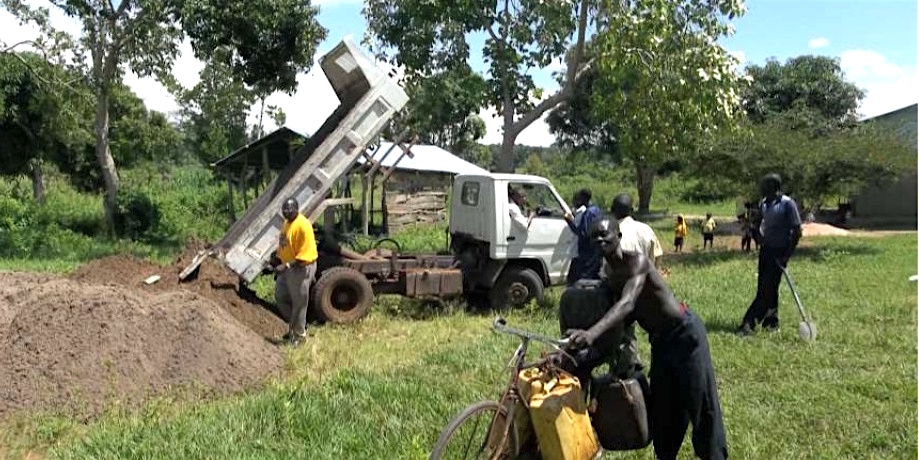
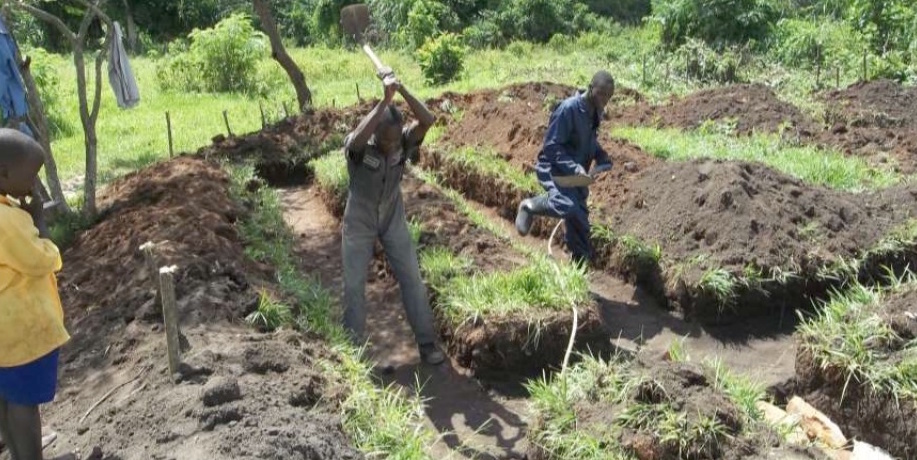
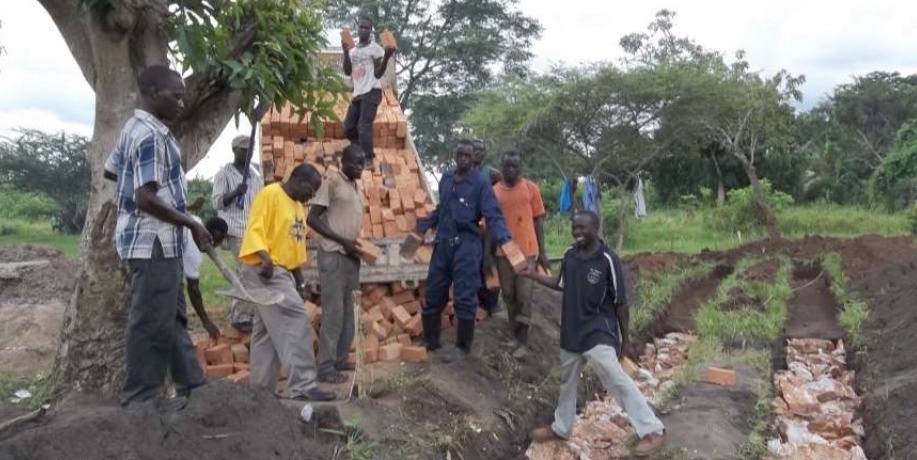
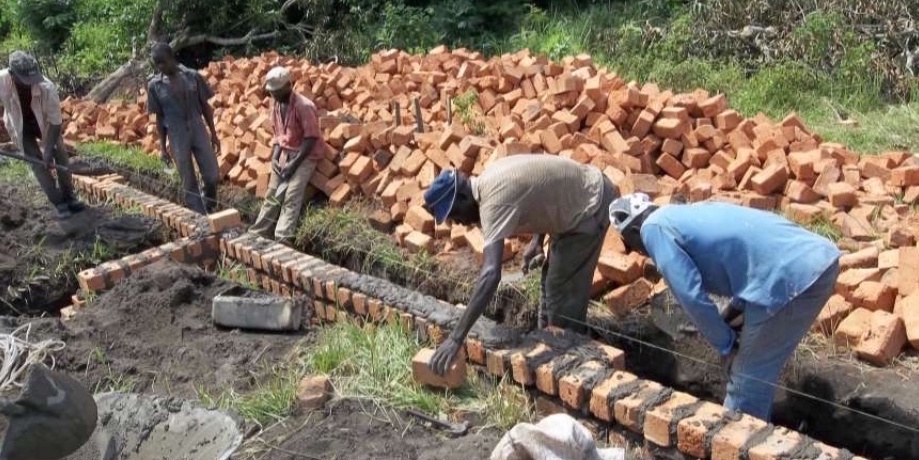
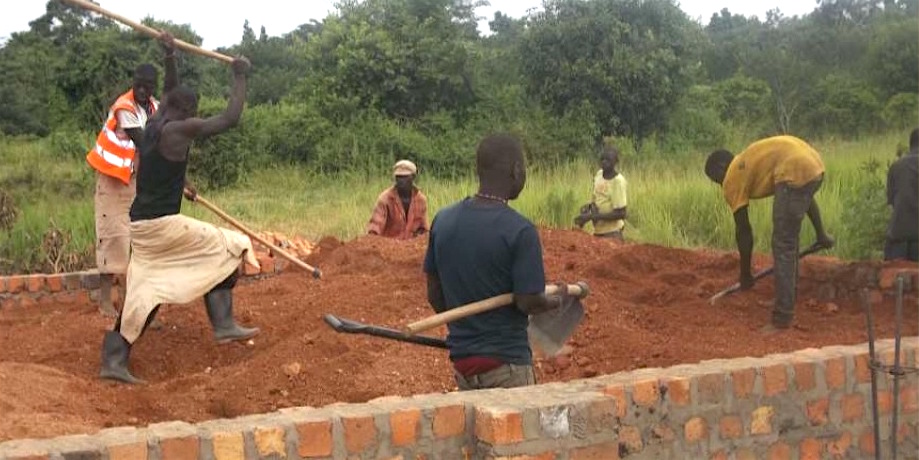
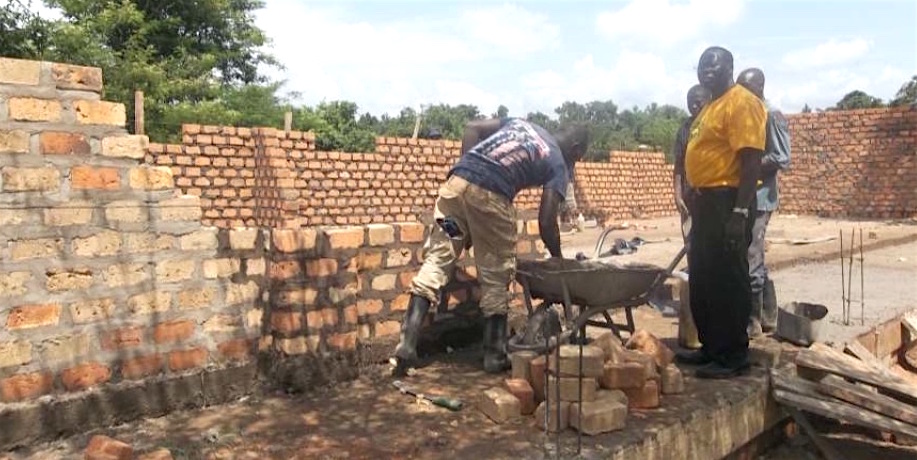
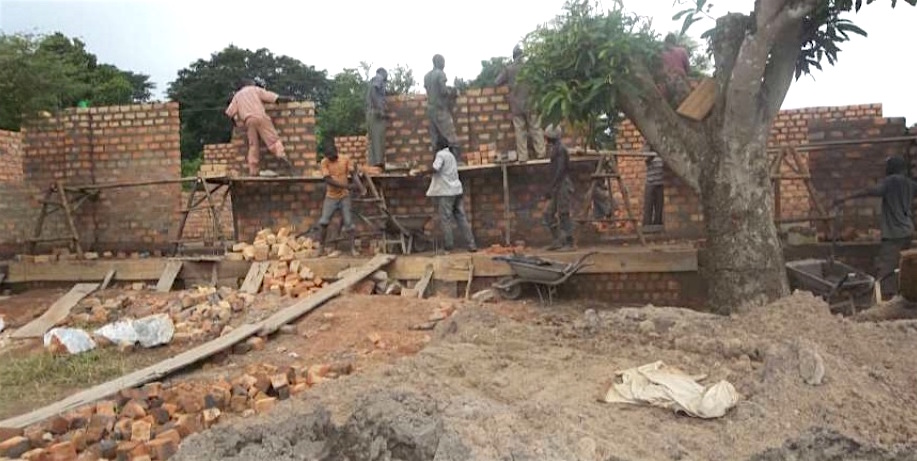
Serunjogi, after coming to the United States in 1996, earned his GED. He began taking college courses after being hired by CSU, earning an undergraduate degree in political science. Now, he somehow finds time to raise money for his village despite holding two jobs (he also works at McDonald’s) and taking classes toward a master’s degree in education.
“Robert is a man who has polio, whose wife passed away eight years ago, and who works two jobs, neither of which is glamorous,” says Schreck, who is pursuing her master’s degree in the Department of Health and Exercise Science. “He has overcome so much, and he has every right to feel like the world owes him something, or be bitter about what has happened to him. He has not only done neither, but just the opposite by giving up time, sleep and money to try and give back. I think that sometimes it’s easy to have a bad day, focus on problems or feel entitled to things just because we have put in work or suffered. But Robert gives perspective to all of those things, as he lives his life with such joy and love.”
The current campaign
Through several fundraising campaigns, the pair has now raised a total of about $26,000; they only need about $2,500 more to cover the cost of the roof on the second school building. Schreck says they continue to receive donations from CSU alumni who contributed only about $5 when they were students but give significantly more now that they have jobs.
“I like seeing that,” she says. “I feel like there’s been a team of people following us through this whole thing.”
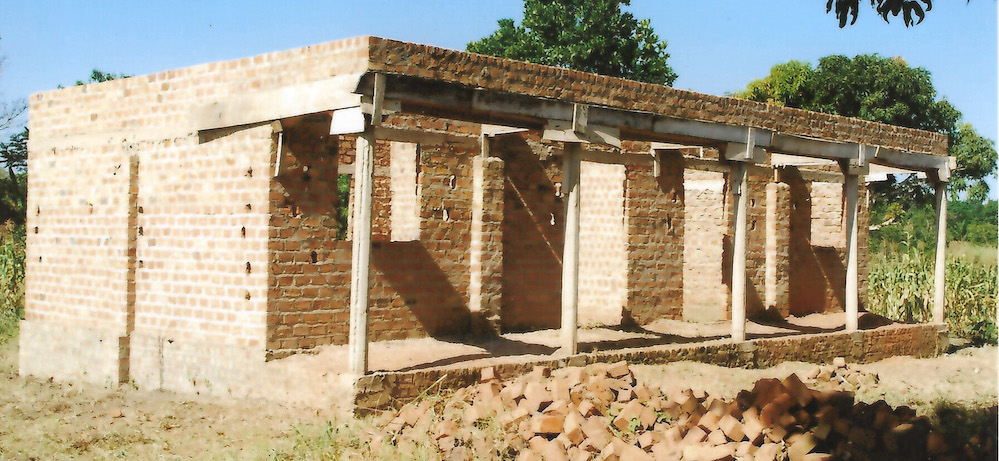
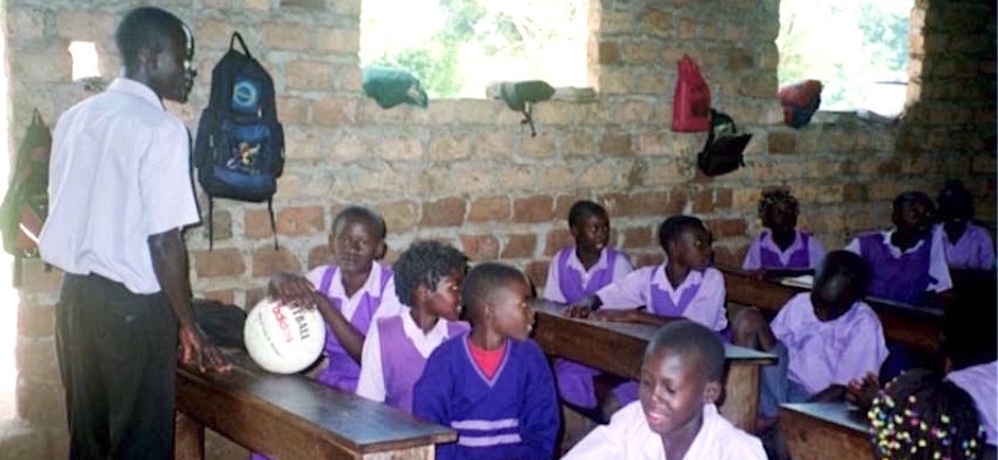
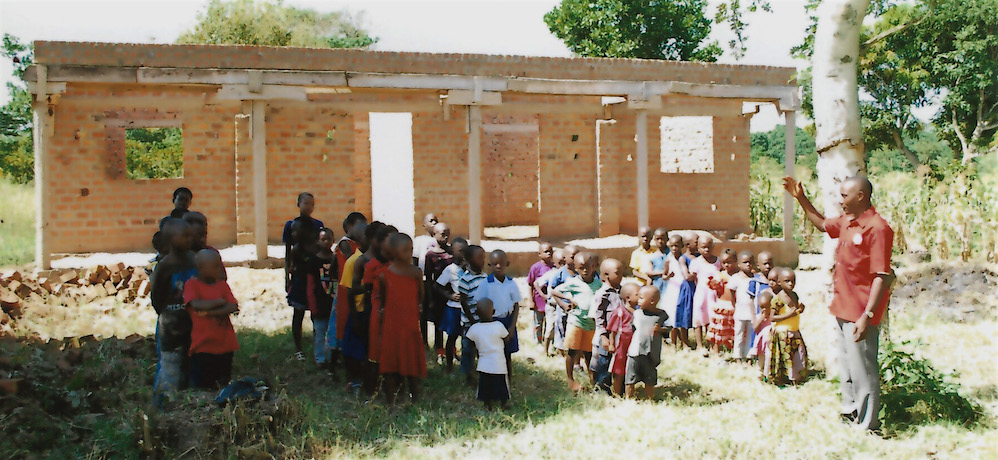
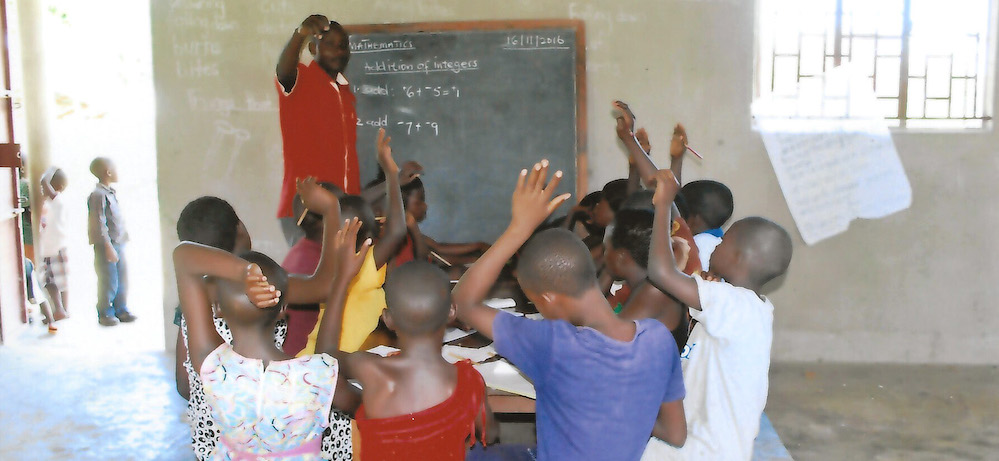
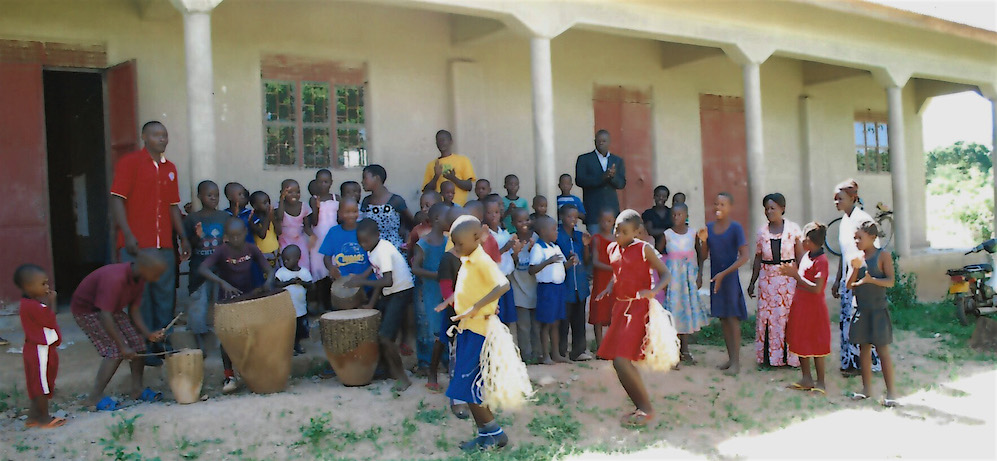
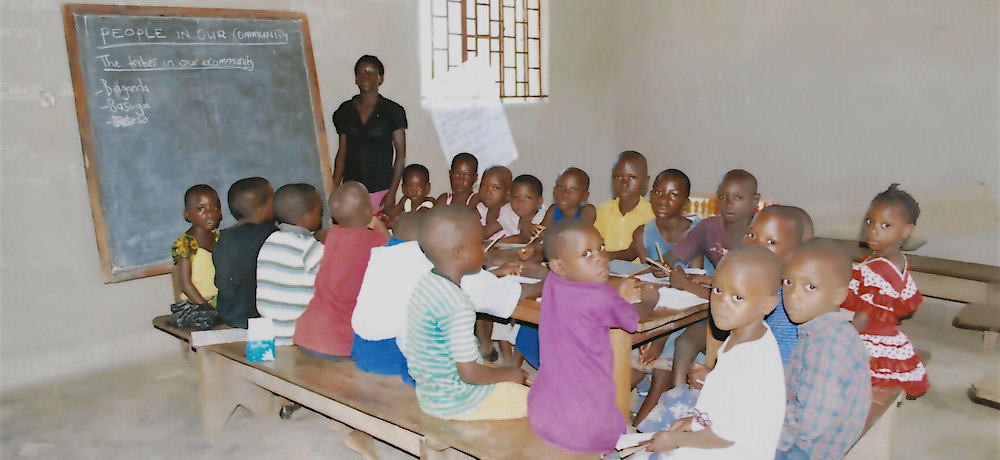
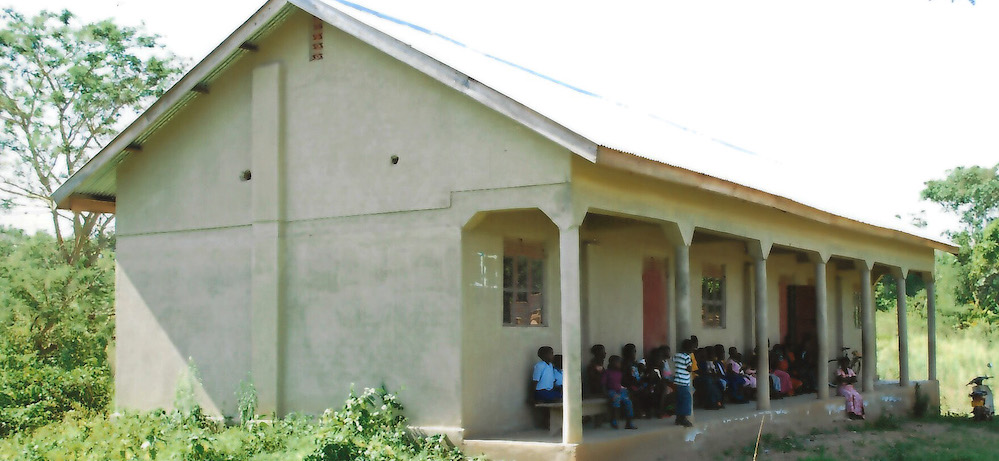
At the beginning, Serunjogi says, he just wanted to raise about $500 for school supplies, clothes and personal hygiene items. When he went to Uganda in 2015 with $9,000, Serunjogi began by gaining approval for the project from the leaders of his village, where residents have no running water and cook with firewood. His aunt and nephew helped mobilize about 18 young people to help with the construction of the first structure, which took about six weeks and involved hand-mixing cement for the foundation and walls.
After Serunjogi returned to Fort Collins, the photos of what they’d accomplished spurred more donations, including $1,000 for glass windows and $500 for musical instruments from a fundraiser held by Johnson Elementary School. The bulk of the second building was completed by spring 2017.
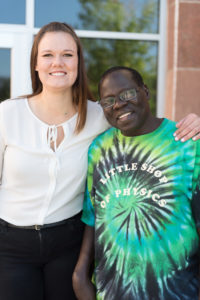
The schools not only teach academic subjects, but also about preventing HIV. And they serve as places where young people receive vaccines against malaria, smallpox, measles and polio, which Serunjogi might not have contracted if he’d been vaccinated.
Future plans
The schools serve about 150 students, most of whom are orphans, and deliver elementary education through fifth grade. Serunjogi says he wants to continue building until the facilities can accommodate grades six through 12 as well.
After earning his master’s in education, he plans to return to Luweero to teach. Schreck, a Louisville native, plans to attend medical school and pursue a career working with underserved populations.
“After doing this project, I realized that a little bit of what we have access to here goes a long way,” she says.
But first, Serunjogi is trying to convince Schreck to visit the village with him next year. She’s seriously considering it.
“So many of us come to CSU with the expectation of changing the world and learning skills to do that,” Schreck says. “And there’s nothing wrong with that, but I don’t want people to think that age, lack of skills, or not knowing where to begin is a barrier to helping people. Our story started with small talk between strangers, and all it took was a little time, compassion and social media to get started.”
To donate, visit https://www.gofundme.com/robertssecondphase.